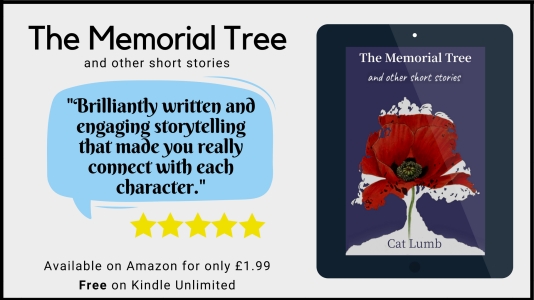As a new writer the most repeated piece of specific advice I heard was linked to be consistent with your narrative’s point of view. In other words: don’t head-hop. Of course, they also tell you not to break the rules unless you know them.
Over the weekend I was reminded of a book I read a couple of years ago by Patrick Redmond – called ‘All She Ever Wanted‘. At the time, I really liked his writing style. It wasn’t too formal and he made it very easy to get under the skin of the main protagonist – Christina. He’d written it in sections so that, as a reader, you got a clear understanding of her childhood and how the events during it contributed to her adult-self. It was easy to relate to his characters with some degree of empathy because of the way he writes, even though many of his characters aren’t really all that admirable. They’re human – which I suppose is what makes them good characters.

However, I remember that one of his writing techniques very off-putting. Strangely, had I not been a writer myself I probably wouldn’t have noticed this and would have just taken it as given. But, he switched viewpoints a lot – not consistently, not regularly, but at odd, random intervals. On top of this, toward the end there were recorded interview notes between characters that had never been introduced before and that seemed to just hang in the air, providing vital clues as to the climax, yet somehow taking away from it.
The main story was told in third person, from the view of Christina. But throughout the book there were occasional paragraphs or whole pages told from the viewpoint of others in the novel – Aunty Karen, Christina’s mum, various boyfriends, even the swimming instructor. This provided an, additional, objective impression of Christina so that the reader could comprehend how others saw her and how this developed throughout the novel, but recalling the advice I was given as a fledgling writer, it did frustrate me.
A couple of years on from this experience I’m beginning to see a lot more focus on the unreliable narrator and how head-hopping has begun to seep into established writers’ books. I’ve learnt that, done well, it can create a false sense of certain characters to develop suspense, or encourage readers to challenge assumptions about certain details and lead them to a satisfying climax. I used to be scared of trying this method, because I’d been warned off it by so many well-wishing authors. Yet, now, I’m intrigued enough to start playing around with it, wondering if I can conjure up an acceptable narrative written from more than one character’s point of view.
Want some quick reads?
Try my short story collection, out now!

